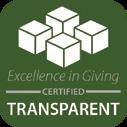

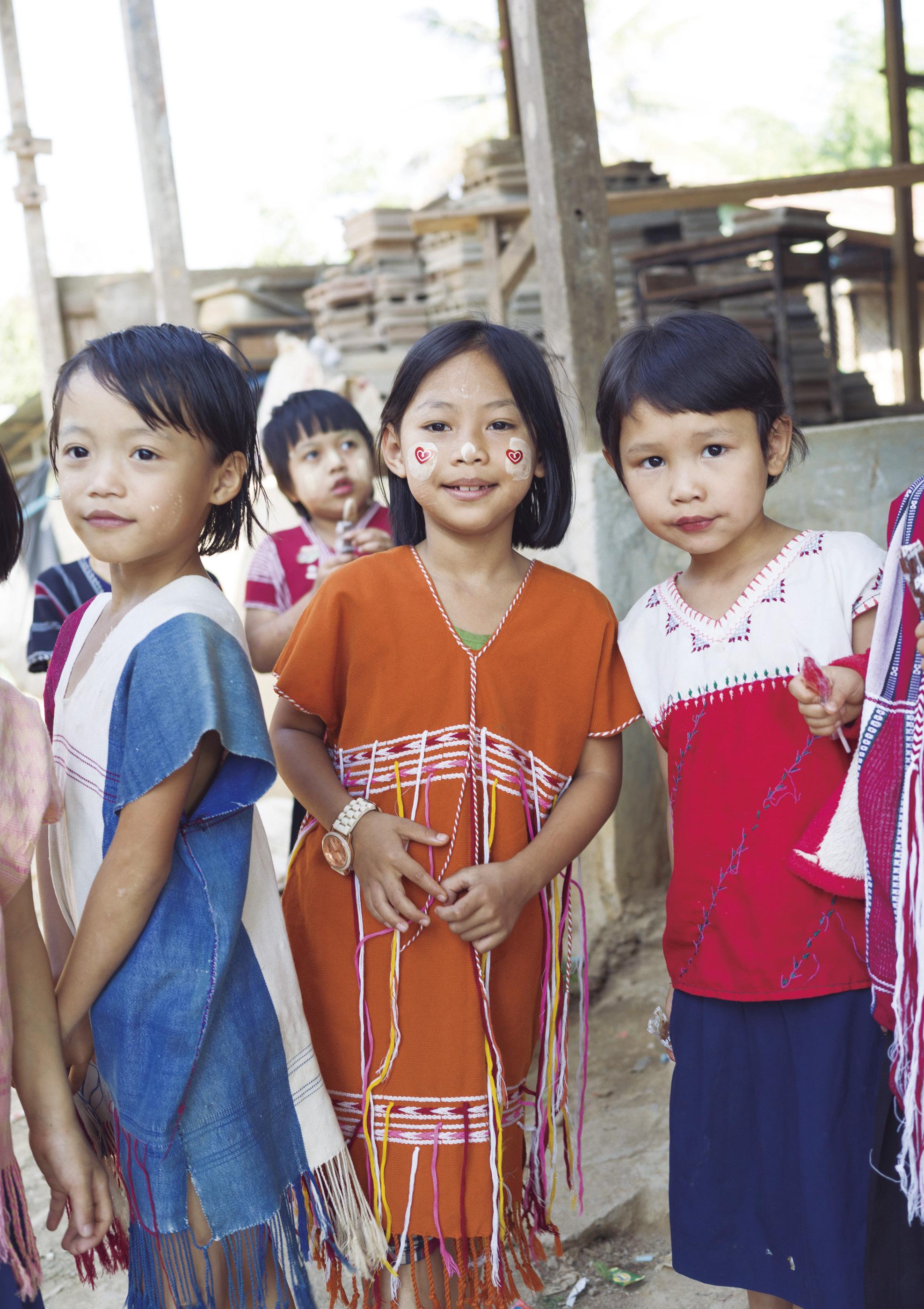
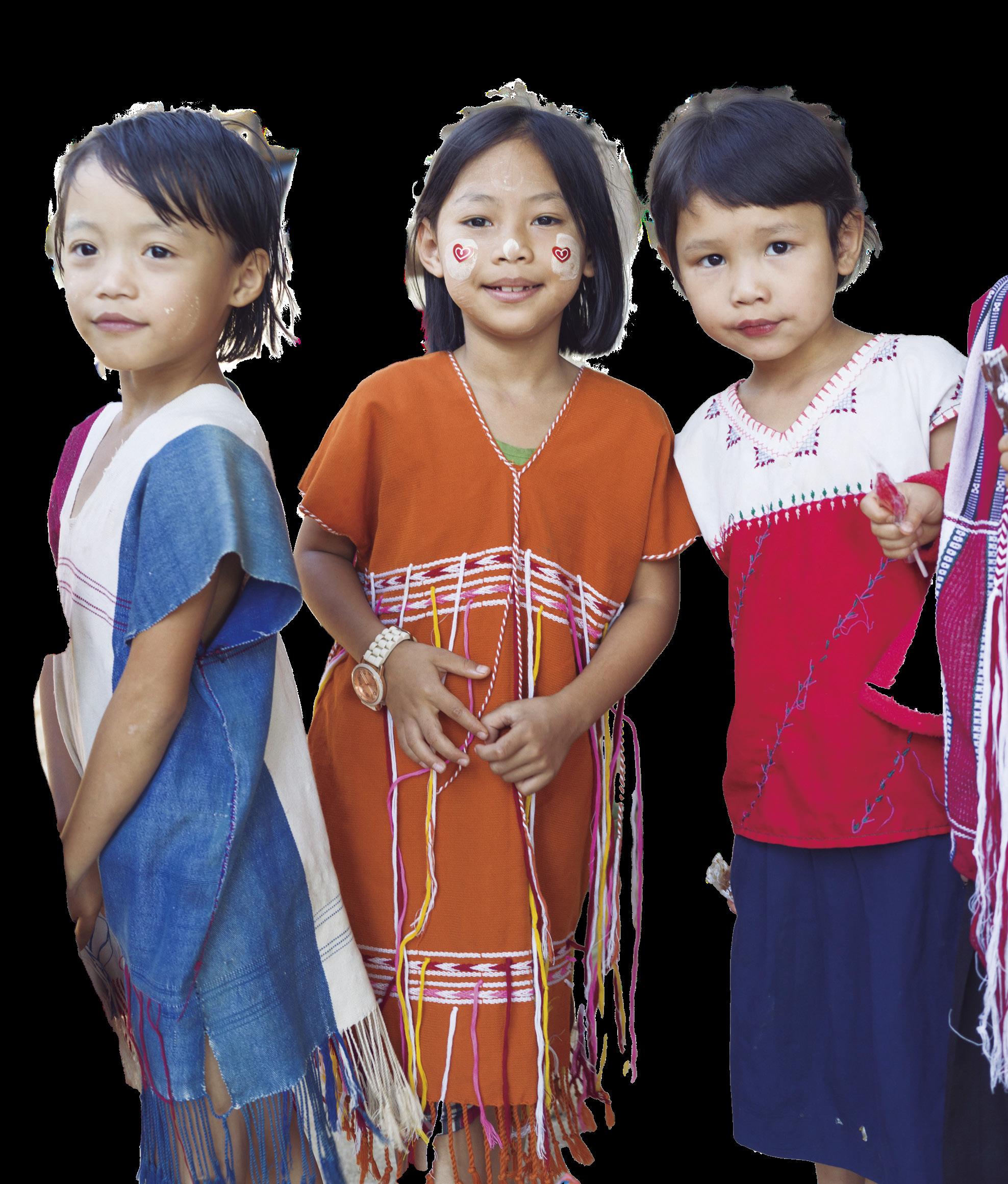





At Partners, we often speak about the power of love in action.
It’s a message we carry on our stickers, T-shirts, and in everything we do: “To Love is to Act.”
For over 30 years, we’ve lived out this mandate by putting love into practice. Though the ways we respond may vary, our mission remains the same—we reach out to those struggling in pain, no matter who they are or where they are from, because love in action should never be limited by borders or ethnicity. It really is that simple.
Recently, two of us traveled to Bangladesh, drawn there by the ongoing suffering of the Rohingya people. The Rohingya, victims of ethnic cleansing in western Myanmar, have been forced to flee to Bangladesh. For those who survive the harrowing journey, their struggle continues as they lack basic necessities like shelter, food, and medical care. We went there to listen to their stories, but also to be part of the solution by providing aid and support.
In this magazine, you’ll find more details about our recent trip to Bangladesh along with other stories of love in action, showcasing how real and tangible needs are being met.
Thank you for standing with us in this movement of love through Partners. We are deeply grateful for your ongoing support, which allows us to continue to respond to those who are suffering with compassion and love.

You’ve been with us on this journey for the past 30 years, and with your partnership, we can continue for another 30 years and
Will you join us?
This is just one of many examples of how our love for others compels us to act. We take the commandment to love our neighbors seriously, and for us that love naturally expresses itself through meeting the needs of those who are suffering.
Brad Hazlett CEO, Partners Relief & Development
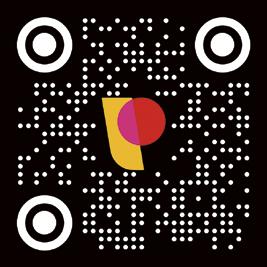
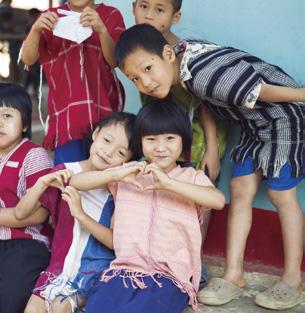

We partner. So what does that look like?
Trusted relationships. They form the foundation of the work being done in the seven countries where we walk alongside children living in areas of conflict. But what does that mean?
This is Pranee . She started working as a cleaner in Partners’ Mae Sot office in Thailand more than 15 years ago. She now leads the Migrant Community Support Project.
She also serves at her church, The Light of Love Church. Many of the church members are migrant workers. Most of the migrant children come from splintered families, some are undocumented. Their parents are victims of political conflict and displaced by the fighting.
So why did Partners decide to align with Pranee and The Light of Love Church? Great question! We believe that local communities already hold the capabilities to address the problems they face, so we partner with them to lend whatever strength we can to these efforts. Pranee and her congregation were already effectively supporting these migrant communities. Forming a partnership enabled us to reach into this vulnerable community that
was affected by the conflict in Myanmar, understand the needs of this community, and respond appropriately.
So with intentionality, Pranee led the response. She teaches communities ways to stay healthy and keep their families strong. She helps newly-arrived families understand how to navigate the rules and systems of a new country. Sometimes she pays for medical treatment, and always, she helps provide emotional and spiritual support. When a family is short on food, baby needs, household items, she drives down dusty roads and hikes through fields with supplies for grateful moms and children who are often living under tarps alongside someone else’s field where they work. Each action Pranee and the team take demonstrates that love is timely, tangible, and relational.
Migrant communities greatly value education, but there can be challenges in getting their children in school. Pranee helps families come up with solutions that help children return-to, or start, their education.
Do they always look like this? No, they don’t. Solutions are nuanced and layered, just like people. At Partners, we are a group of people following the example of Jesus and modeling a life of love, justice, and care.
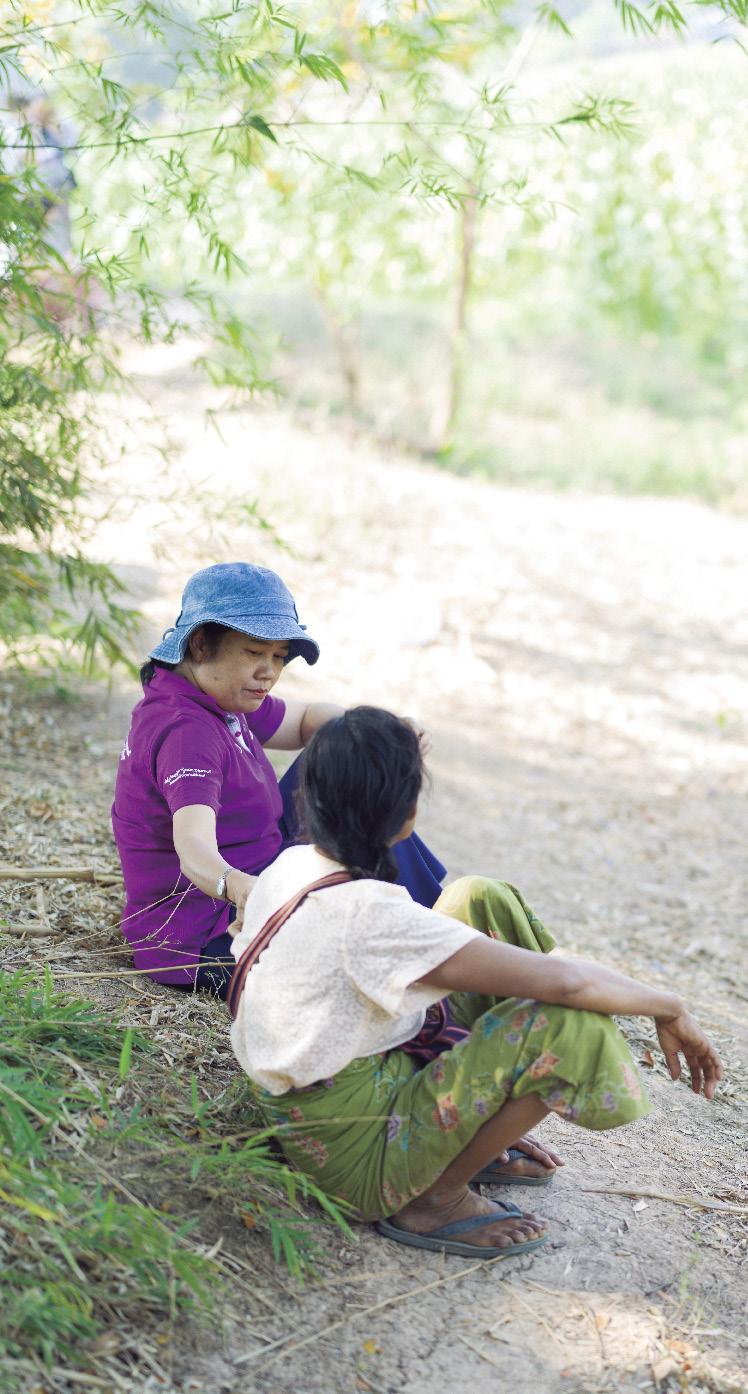
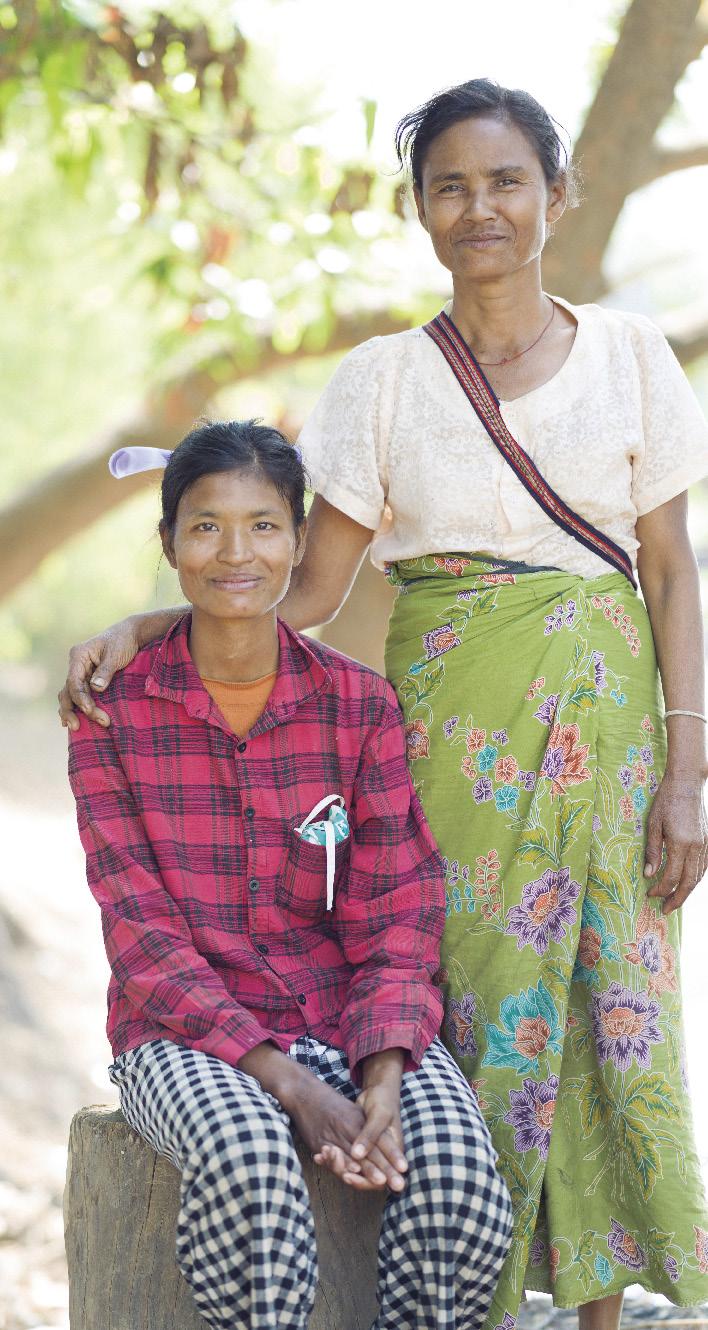
Sometimes that looks like working through a local church. Sometimes it means partnering with a Yazidi trauma care organization or with locals who can deliver rice to children in rural Rohingya villages ...
...what it always looks like is love in action.
“Today we heard stories of horrific and seemingly random acts of violence; of families being shot in their homes, of people being shot while trying to get into boats to cross the river to Bangladesh, of boats full of people sinking with all on board drowning.”
These were the opening words of my trip notes from our first day in Bangladesh. We’d heard that new attacks against the Rohingya in Myanmar had generated another wave of families making a desperate escape across the border, so we traveled there to see how we could help.
The Rohingya are no strangers to persecution, including attempted genocide by the Myanmar military and other groups. In 2012, when many were forced into camps in Sittwe, you responded by providing essentials like tarps, rice, medical care, and toilets. Again, in 2017, when a million Rohingya fled to Bangladesh, you showed up with food, shelter and medicine. Even after the initial displacement, Partners has stayed active in these communities. We’ve always said we’re in this with our friends, for the long haul.
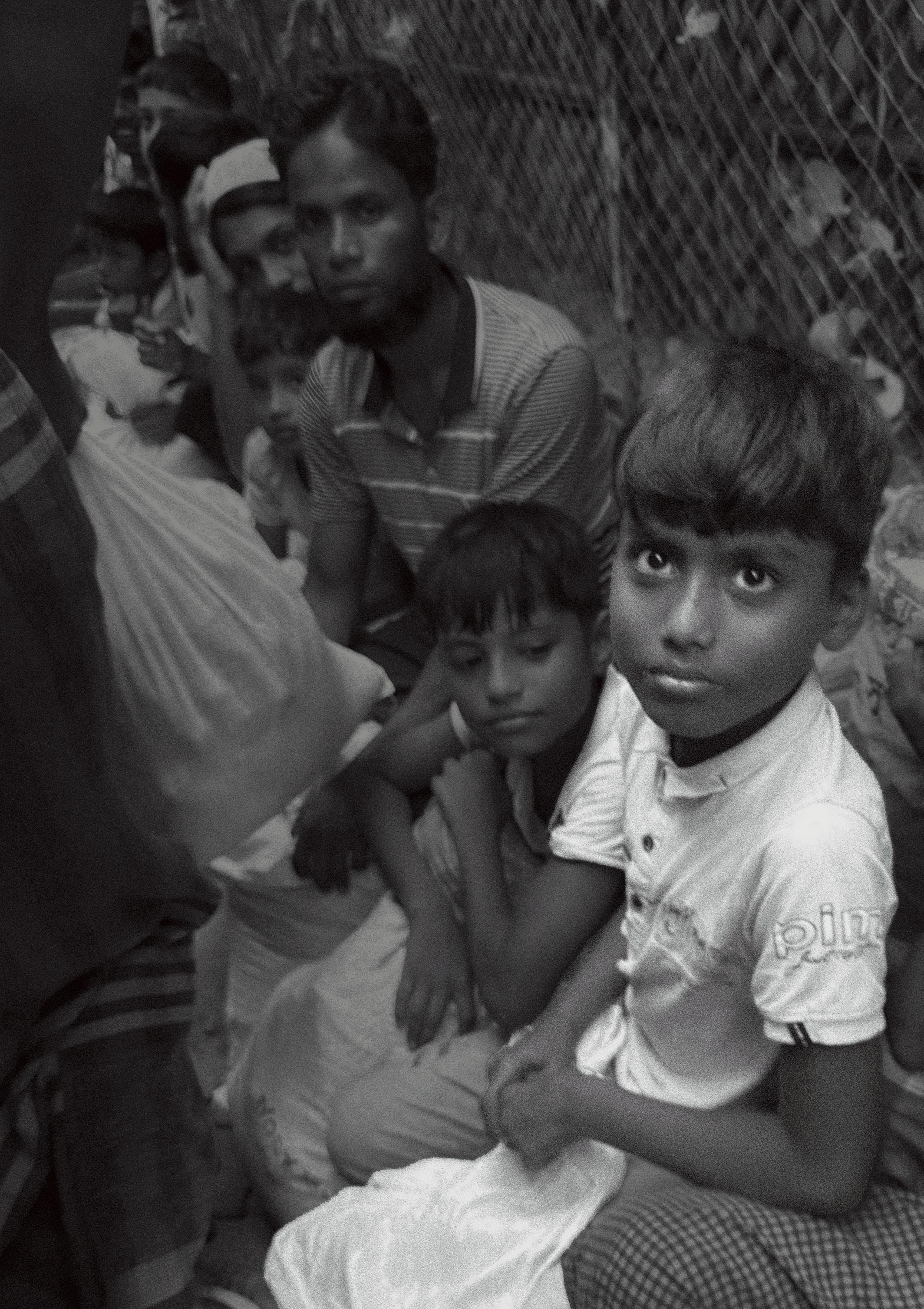
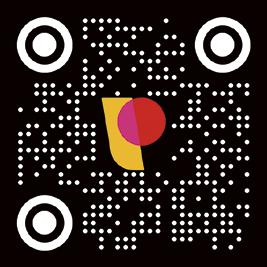
Scan to hear a first hand account from a family we met.
To better understand the recent escalation of violence, our local contact organized for us to meet with several families that had fled. The stories we heard were heartwrenching, just as they had been in 2012 and 2017. A sense of despair and helplessness grew inside as we listened.
Why do I have so much, and my kids can grow up and go to school in peace, while the people I met have to suffer through no fault of their own?
It’s hard to convey the gravity of the situation, but the words of some of the families we met paint the bleakness of the picture.
“We are in a desperate situation right now, facing challenges with food, shelter, and everything else for the young children. The uncertainty about the future makes me anxious.”
Another shared, “We don’t have a proper place to stay here. We are just moving between relatives, staying at my sister’s and aunt’s houses, and only remaining in one place for a few days.”
As I reflected on the time we had shared with these newly displaced families, it was hard not to be struck by the certainty of their uncertainty. Those who aren’t registered in the refugee camps don’t even have the small confidence that scheduled food provisions might bring.
We can’t change what has happened to them. Just like we can’t stop the conflict in Myanmar.
These things are certain.
But so too is this: we can be present with them and help them in their situation right now.
My notes for the day closed with these words:
“Tomorrow we will provide food packs for 200 families, including those we talked to today. After that, the money we have will be gone.”
For us, serious love means doing whatever it takes to sit with and support families in their time of need. It’s only through your love and generosity that we can continue to be there for our Rohingya friends.
Doug Gibbons Chief Operations Officer
Over the last 30 years, we’ve delivered relief to millions of people facing some of the darkest and most stressful moments of their lives. It’s in our DNA. But what happens after the immediate crisis settles is just as important to us. Because we want to see families in conflict zones more than survive, we partner with them as they work to build back their communities into places where children can truly thrive. The most common way communities ask us to partner with them to achieve this? Helping get their kids back in school. Sometimes that looks like investing in sustainable, community-owned businesses that turn profit into funding for their local education system. Other times, it looks like rebuilding entire schools.
Since December 2017, an astonishing 20 schools have been rebuilt in the Middle East. Even at the time of writing, local contractors are hard at work restoring a school in Sinjar, Iraq that was left dilapidated after the 2014 genocide.
It brings us great joy to share the before and after photos with you as children burst through the doors, full of excitement, into beautiful classrooms that were once in a state of ruin. But what happens after the rebuild is complete and the ceremonial ribbon is cut? Is your co-investment in these communities having a lasting impact?
Dakhil Qassim Ahmed, a teacher at Sina School in the Kurdistan region of Iraq, experienced first hand the energy in the community when Partners’ community helped rebuild his school in 2019.

“The education level has improved, and the success among students has increased significantly, by over 90%. Our school has received a good evaluation compared to other schools in the region. This is a positive result.”
This desire to always be forwardlooking, even in war zones where the future isn’t always clear, is a
core part of who we are. That’s why we’re serious about continuing to collaborate with local communities, from the depths of immediate crisis to the moment their children are free to live the complete and rewarding lives every child is entitled to.
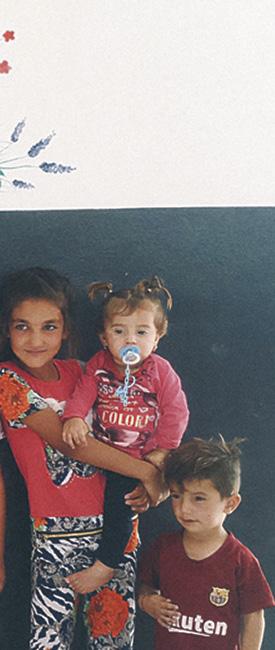

“The education level has improved, and the success among students has increased significantly, by over 90%.”
“When he came here, he was semi-conscious. He didn’t know himself and his mother had to help him come to me. I could see that he was seriously ill.”
Kleh Du Keh isn’t the first person to arrive at Naw Rosy Paw’s door needing urgent medical help. For a decade, she has been the first port of call for villagers in her community facing a range of ailments. It’s a commitment to caring for the wellbeing of others in her rural community, far from any clinics or hospitals, that she takes very seriously.
“In my village, there are many households, but I am the only health worker.”
Her village’s situation is one that is repeated across Myanmar’s Karen State. Decades of war and lack of government investment has resulted in a malfunctioning health system that does not reach into remote areas, with devastating consequences on the wellbeing of children. Myanmar has the highest under-5 mortality rate in Southeast Asia.
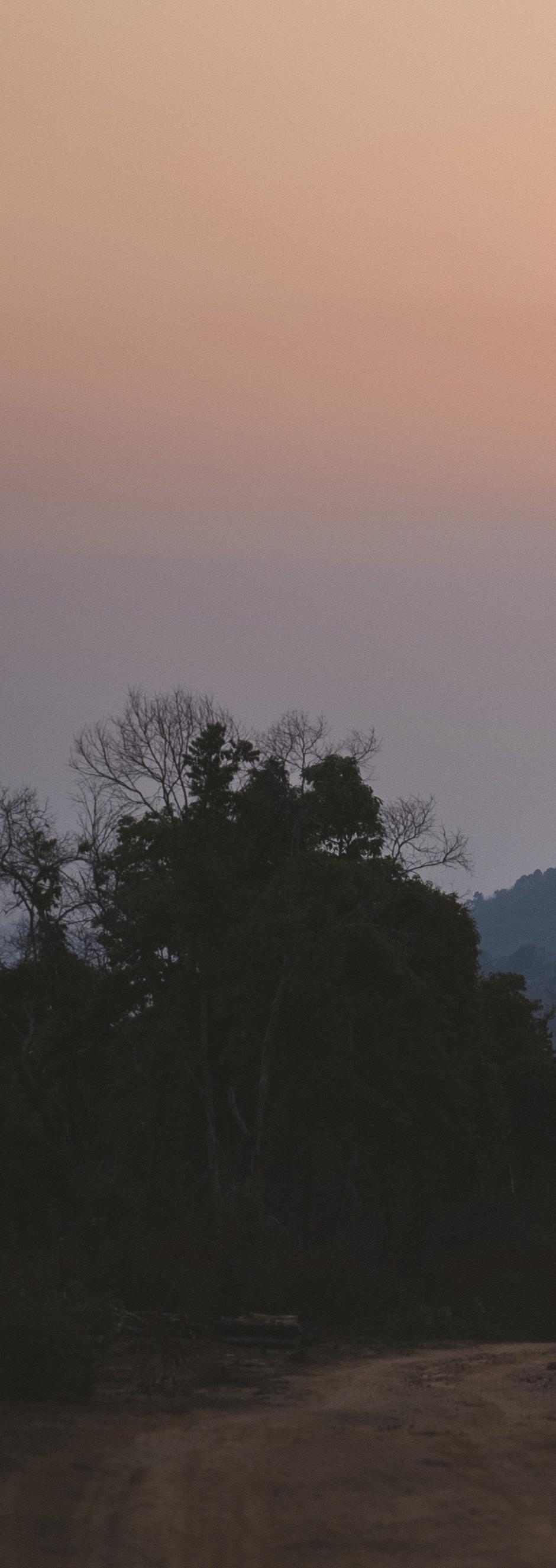
Desperate to do something to address the prevalence of malnutrition and preventable illnesses, the community approached Partners to help launch a health worker training program designed to be implemented with high involvement and investment from the local community. 15 years later, 49 local health workers and 14 health managers are actively delivering primary health care to a population of 4,500 people across 50 villages.
“It is my responsibility to take care of the families, help families when they have health problems and to provide health education to families in the village.”
For Naw Mary Joe, who has been a village health worker (VHW) for 7 years, filling the gap in access to healthcare has also filled a desire in her to assist her community.
“I feel happy to work as a VHW because it has benefits for the community. For example, I saw a child who had been suffering from diarrhea for 2-3 days. When their mother came and asked for help, I was able to give her medicine to treat her child. When she came back later and told me about her child’s recovery, I felt happy.”
Since the coup in 2021, increased attacks by the Myanmar Military has made providing healthcare even more challenging for the VHW’s. Naw Rosy
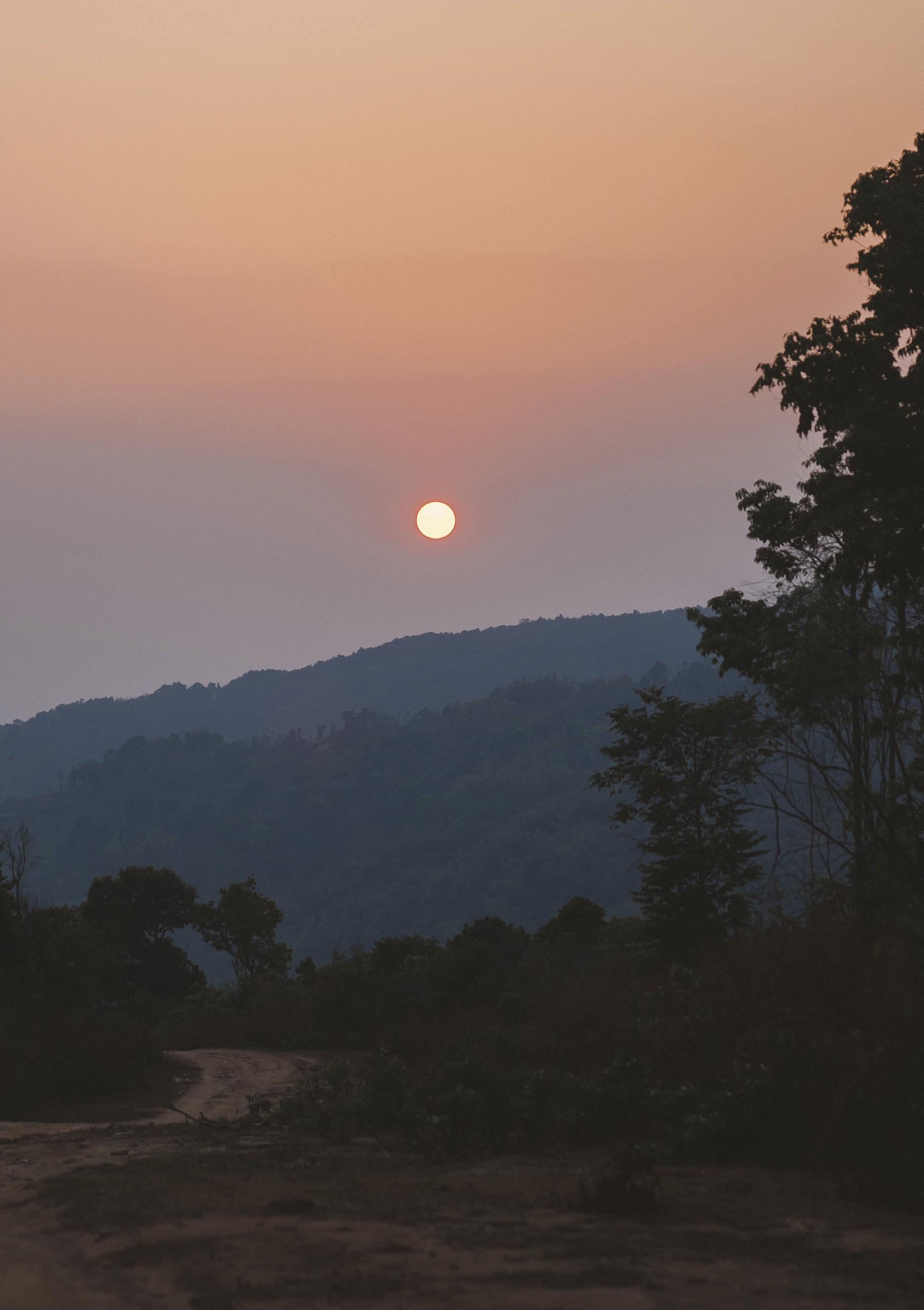
“It is my responsibility to take care of the families, help families when they have health problems and to provide health education to families in the village.”
Paw shared with us, “We are living in fear and now have to stay in the forest. Even in the forest, when the sound of jets approach, we have to run again and hide.”
Despite the additional challenge of needing to operate in stealth, these brave heroes have not surrendered, continuing their truly life-saving work and ensuring villagers like Kleh Du Keh don’t become another statistic.
“We had to give him a malaria test two or three times. His body temperature would rise up and down until he got chills and was unable to walk. But after he took the medicine I gave him, he began to recover within 2 or 3 days.”
The serious commitment of the village health workers and the care they provide demonstrates the power of this locally-led initiative to transform the health and wellbeing of children in their communities.


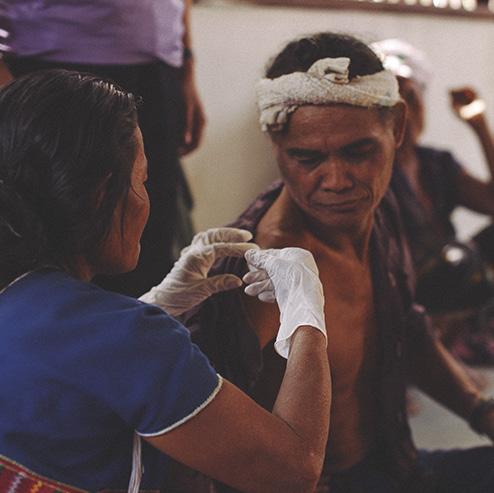
There is never enough. This is a hard reality of
relief and development work.
Demand will always exceed supply and eventually you run out, or have to say no. This can be very hard on staff to constantly see the disappointment of those who will not be helped, and make many give up or burn out.
The antidote to compassion fatigue is focusing on what you are doing, who you are doing it for, and remembering the victories.
30 years ago, a small group of volunteers decided that refugees from Myanmar mattered, and that we needed to offer them more than thoughts and prayers. There was no five-year strategic plan, just a compassionate response to suffering. And that’s what we ask of you. If you help one, and thousands join you, we have a powerful community, able to bring a lot of love into warzones.
Let’s stay in this fight.
Greg Toews has been with Partners since 2001 and is a founding member of Partners Canada. He lived and worked in Thailand supporting various projects in Karen and Karenni communities until 2008, when he returned to Calgary as the director of Partners Canada.
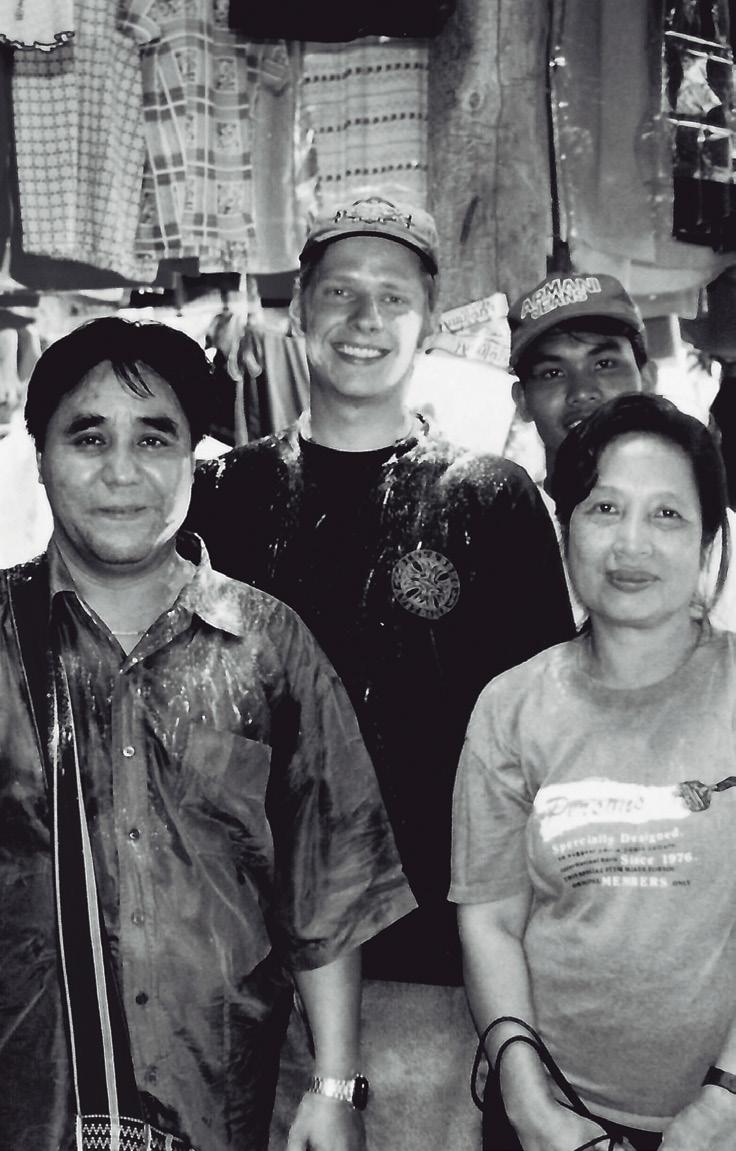
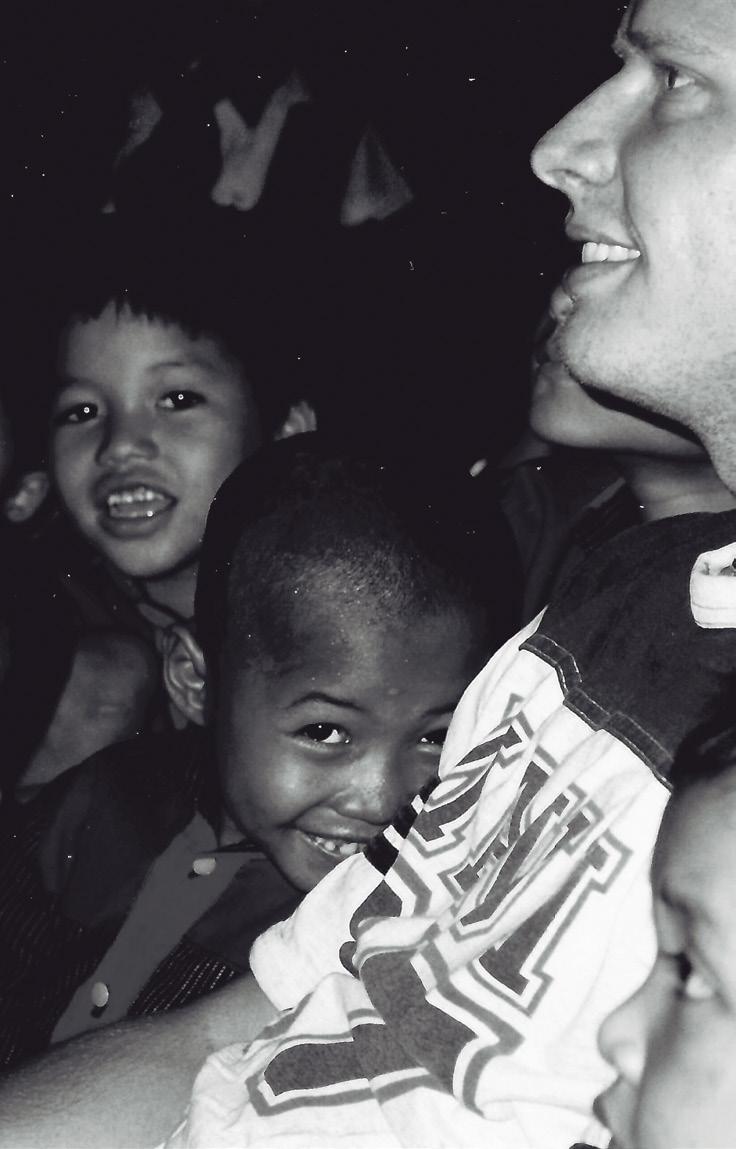
Every one is someone special...with a story.
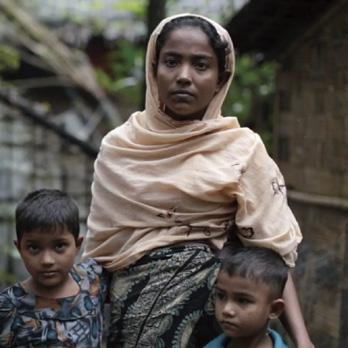
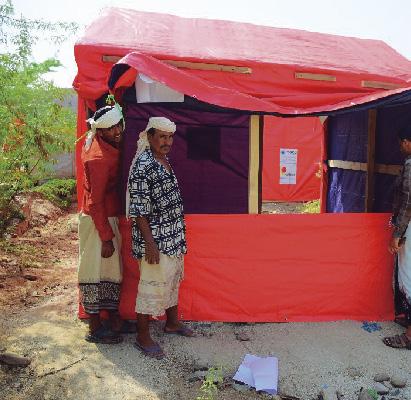

“Thank you for all of your help. I love when you come to visit. You come and visit me any time you are in the camps”
Hafsa is a widowed Rohingya mother of five. In 2016, Partners bought her a house, built a well and a toilet, and gave her funds for a small business start-up so that she could financially support her family.
“We have been living outside with no shelter, out in the open. If you did not build this tent for us, we could not do it one more day.”
Mushtaq Ahmed Rajeeb’s family were struck an additional blow when severe flooding destroyed their home in war-weary Yemen. Local partners mobilized quickly to build a roof over their heads again.
“I came to Mae La refugee camp without shoes or shirt. I studied in the camp with support from Partners. They have changed my life.”
Ghay Ah Ah arrived at the camp in 2001 and found a home in a Partners-supported boarding home until he graduated, eventually becoming a caregiver in the home and now a Partners staff member.
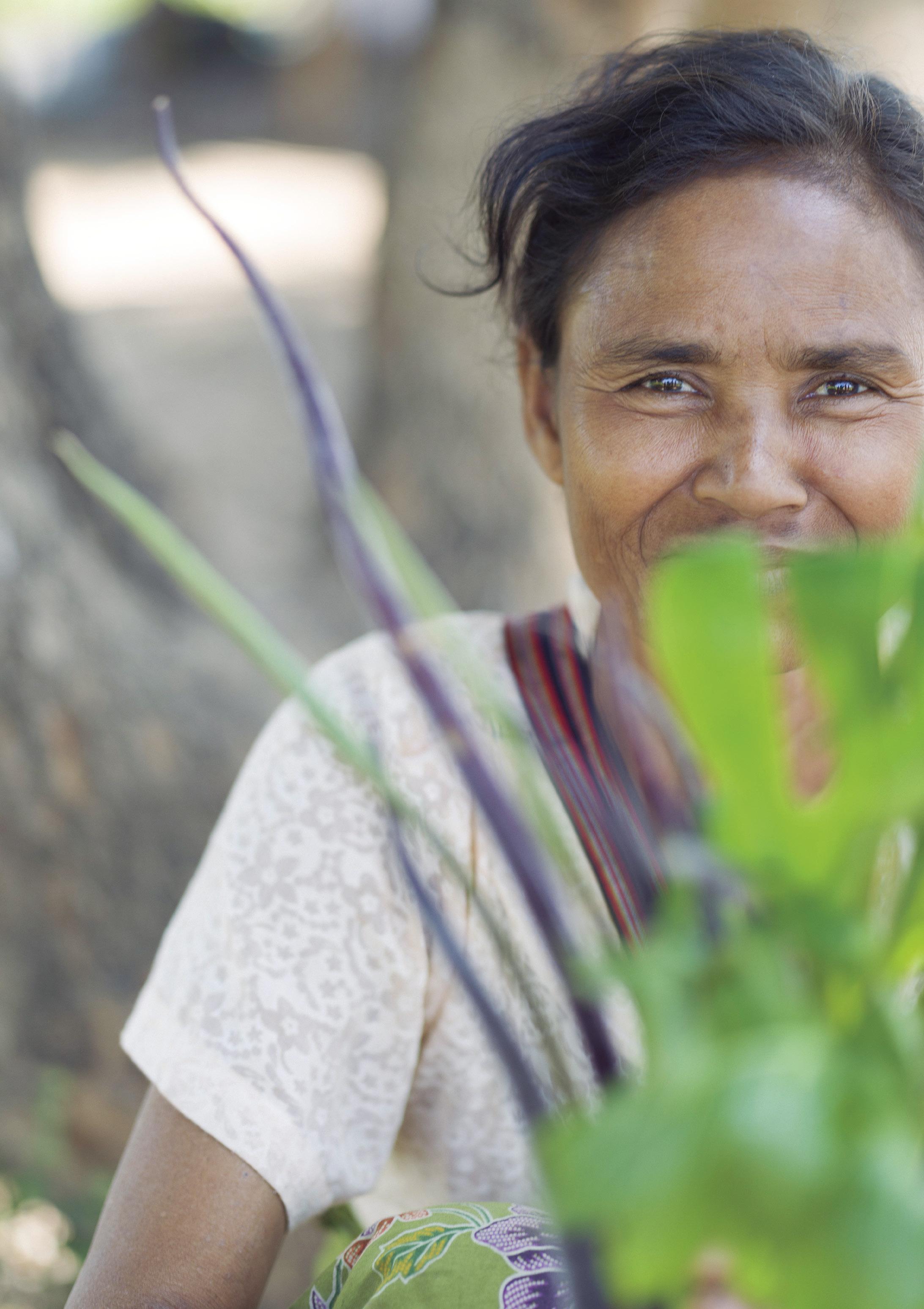
Turn the page to find out how you can help create more stories like this with us...

Provide a migrant with education and personal development skills through SEED training center.
$10 / month

Partners began with a $30 commitment to provide the basic needs of one girl displaced by conflict..
As we’ve grown, millions more like her have been helped. Sadly, the number of children experiencing the hardship of war has grown too.
But over all these years, our north-star hasn’t shifted: to love is to act. When you give, it takes care of the needs of one more child who is suffering.
Provide a seat in the classroom for a Rohingya student to learn, play and grow into tomorrow’s leader.
$40 / month
Enable a child impacted by conflict in Iraq to experience healing through a 3-month trauma care program.
$120 / month
Hundreds of you are already united in doing this, every single month, as part of our Neighbor recurring giving community. Your commitment to putting love into action means more children caught in places of suffering are being supported to live the free, full lives they deserve.
BUT... if you’re not a part of the Neigborhood, and you’d like to join this serious business of loving children in war zones, we’d love to have you be a member of this community!
Sign up to give monthly today and be a part of a movement that goes to some of the most difficult, darkest places on earth to bring relief and hope with love.
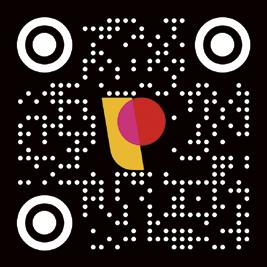
Partners Relief & Development has been active in conflict zones in Southeast Asia and the Middle East since 1994.
Prioritizing the hard-to-reach places where other organizations aren’t present, we respond rapidly during crisis events to provide emergency relief.
Working through local partners and directly with communities affected by war, we join hands to co-develop solutions that sustainably transform community well-being, improving access to health care and education and co-creating a nurturing environment for children to flourish.

